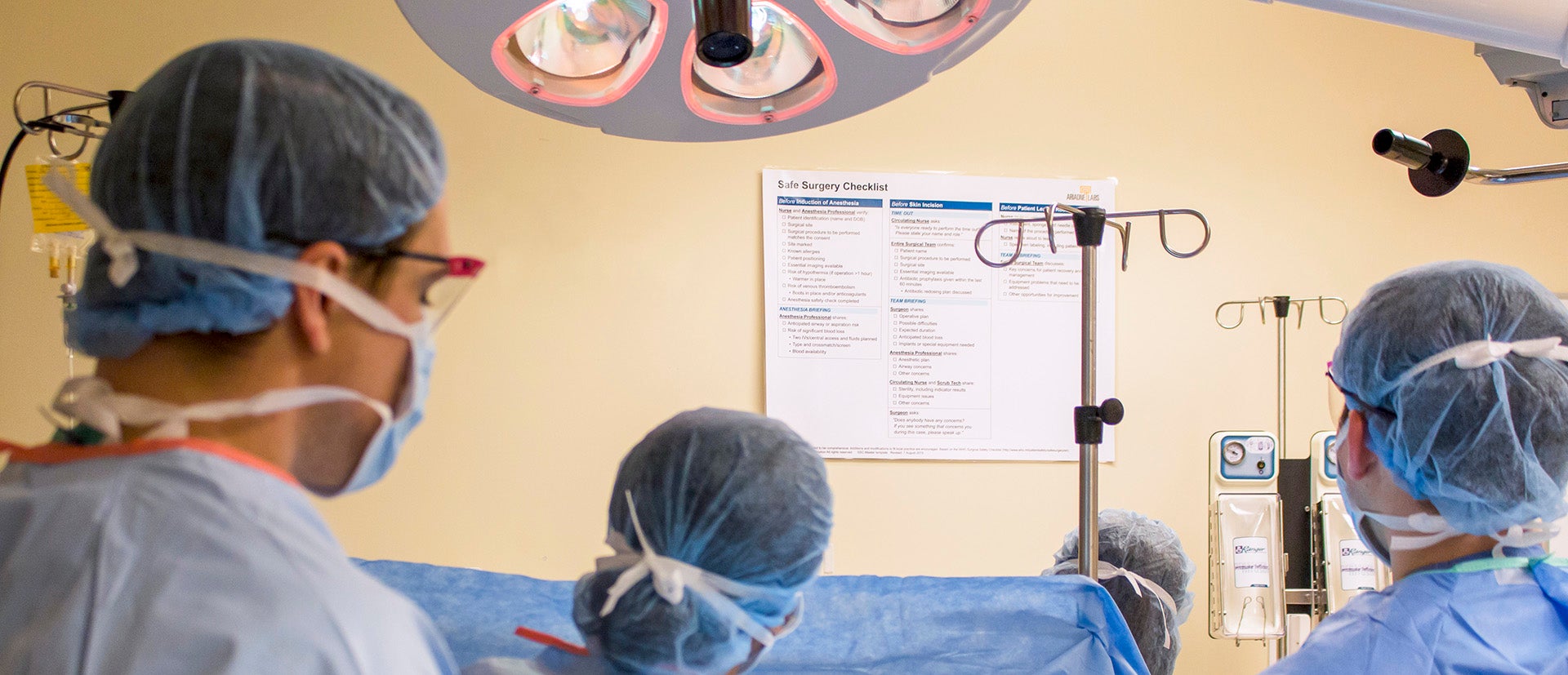Research, Tools, and Guides
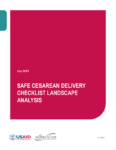
Ariadne Labs, as part of USAID’s MOMENTUM suite, conducted a landscape analysis of current global tools and professional guidelines regarding safe cesarean delivery as well as an ecosystem map identifying what elements of the care pathway are addressed by the existing tools and guidelines. The goal of the landscape analysis was to provide an overview of existing resources to identify gaps and help inform the future development of a Safe Cesarean Checklist.

Use the Wellbeing Conversation Guide to better understand your residents, helping them feel more connected, secure, empowered, and respected with dignity and purpose.

The TeamBirth Prenatal Booklet is designed to introduce patients to TeamBirth as they prepare for labor and delivery. The booklet helps clinicians familiarize patients with TeamBirth concepts and begin building a foundation for collaboration and clear communication among all members of the care team. By engaging patients early, clinicians can help foster trust, ensure that patients… Continue reading TeamBirth Prenatal Booklet

The Ariadne Labs | Penda Health partnership designed and piloted BP Sawa, a chronic care management program for Penda patients with hypertension with the goal to develop and implement a hypertension clinical pathway for clinicians and patients to improve hypertension outcomes.

Creating a home hospital program takes a great deal of financial, time, and personnel resources, just like any service line. With high rates of hospital closures and a significant number of hospitals at risk of being closed across the rural landscape in the United States, many believe a rural home hospital model is key to… Continue reading Rural Home Hospital Implementation Roadmap
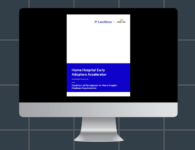
We know many systems, hospitals, and communities want to launch a home hospital program. Doing so requires a major investment in time and resources, yet no one wants to reinvent the wheel if there are already high-quality knowledge products available. Systems launching or improving a home hospital program have indeed spent time and money to… Continue reading Home Hospital Knowledge Products
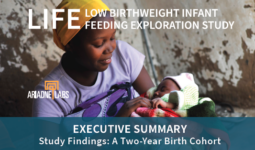
The Executive Summary details study findings for infants from birth to two years. It outlines key actions for an evidence-based approach to improve growth, survival, and development outcomes for these infants, with a focus on early identification of the highest risk infants to allow for early intervention.

A set of tools and implementation supports to transform our paradigm and practice of nursing
home care by putting wellbeing at the center of care.
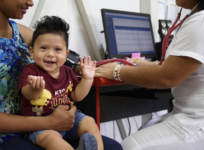
Conducted by Ariadne Labs, the World Bank, and the Primary Health Care Performance Initiative.



